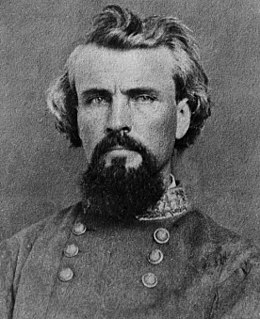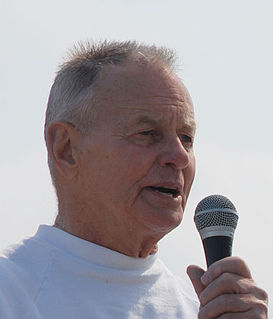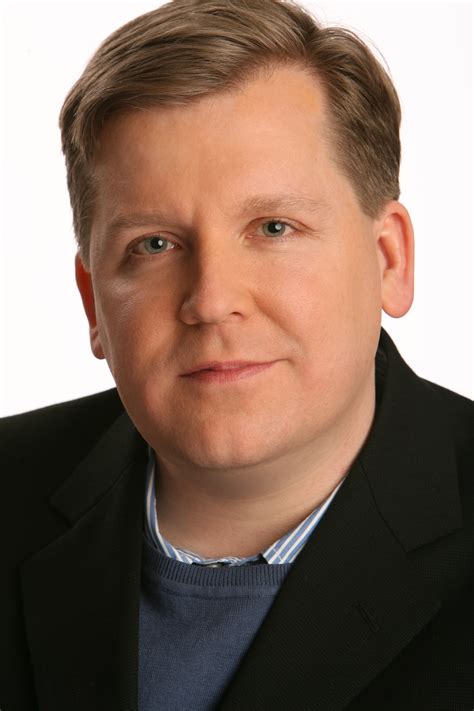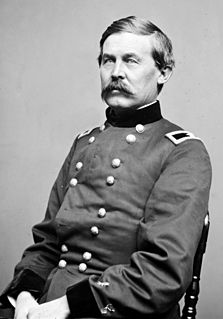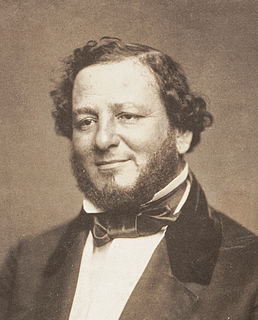A Quote by Norman Schwarzkopf
When placed in command, take charge.
Quote Topics
Related Quotes
The best reason to be assigned, in this case, for not having made the Constitution more free from a charge of uncertainty in its meaning, is believed to be, that it was not suspected that any such charge would ever take place; and it appears that no such charge did take place, during the early period of the Constitution, when the meaning of its authors could be best ascertained, nor until many of the contemporary lights had in the lapse of time been extinguished. How often does it happen, that a notoriety of intention diminishes the caution against its being misunderstood or doubted!



